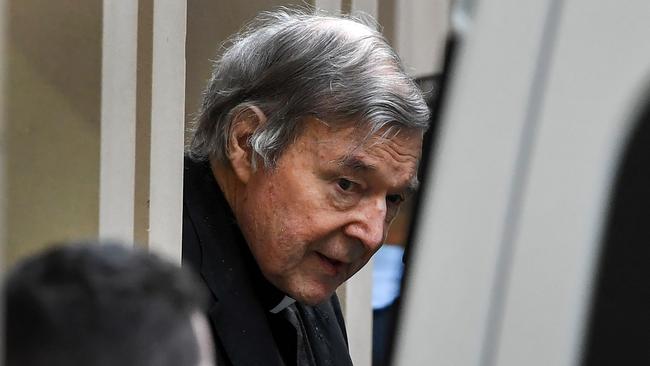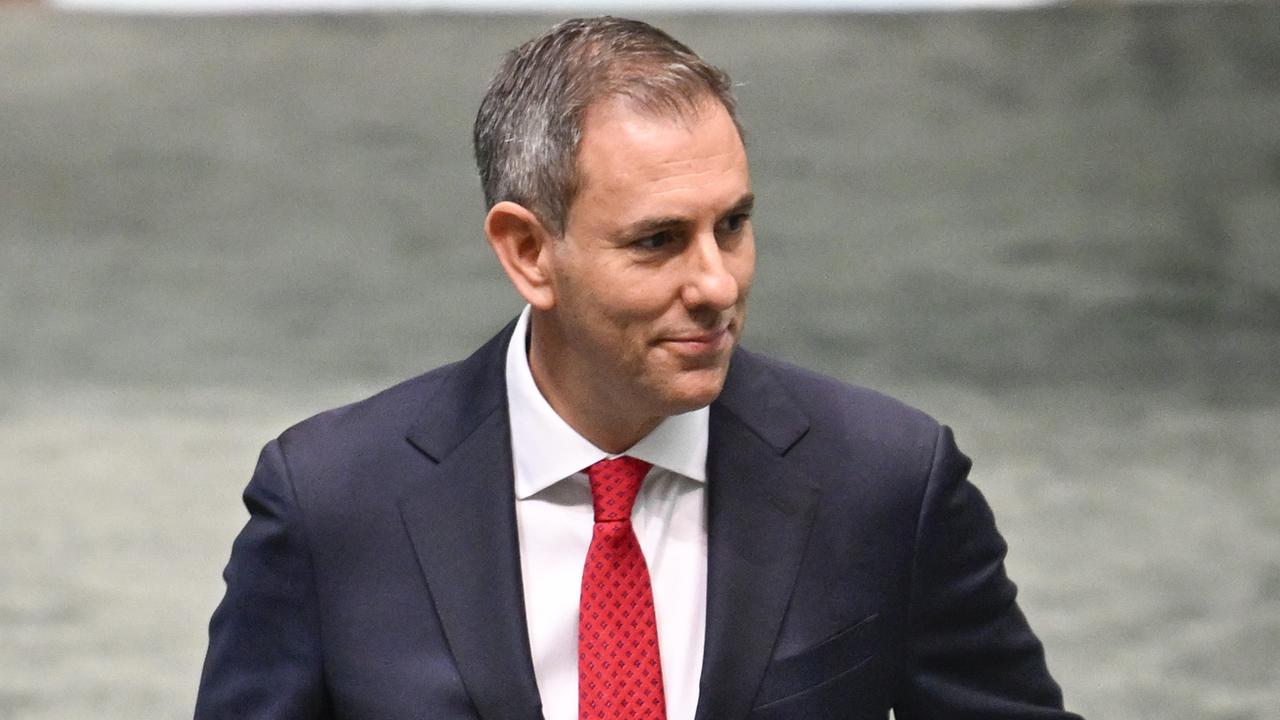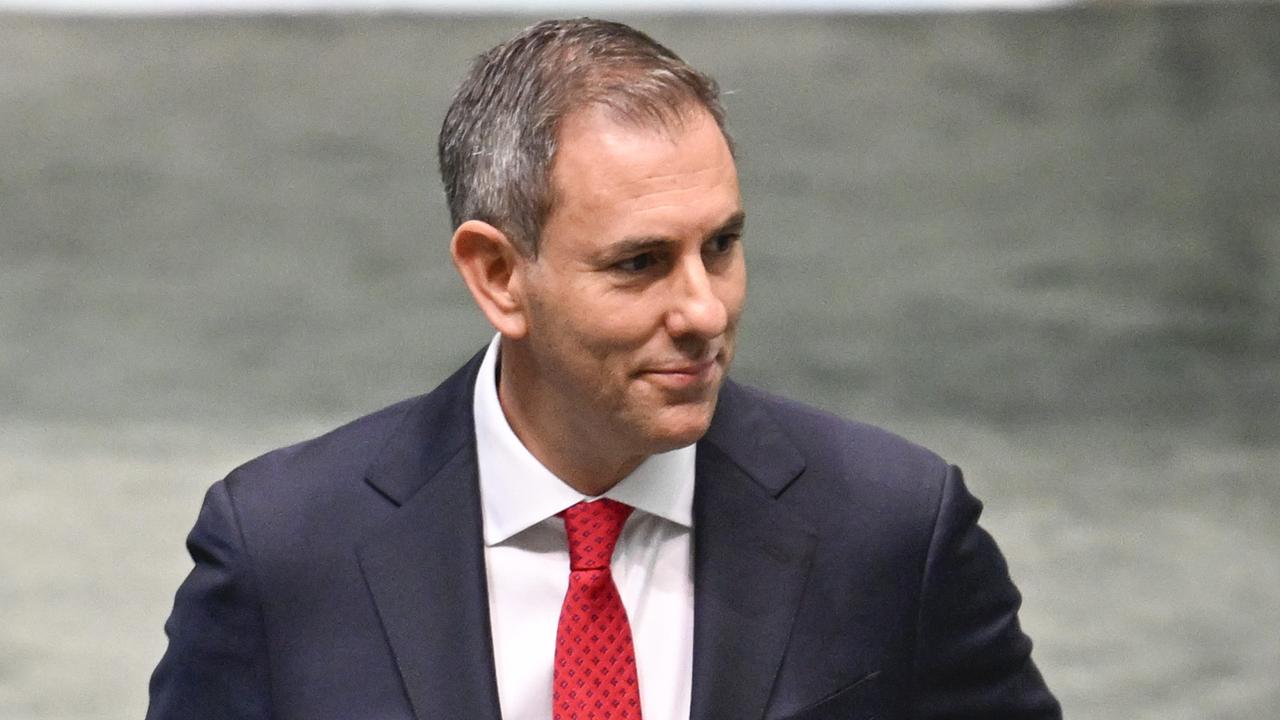Cardinal George Pell undecided on High Court challenge
While it’s understood a High Court challenge by Cardinal George Pell is likely, no decision has been made.

Cardinal George Pell’s team is yet to decide on whether to launch a High Court challenge over his conviction for child sex offences.
While The Australian understands a challenge is likely, legal sources and Cardinal Pell’s spokeswoman tonight insisted no final decision had been made, despite media reports to the contrary.
“The lawyers are still going through the very lengthy judgment,” said spokeswoman Karina Lee. “They will obviously discuss this with the Cardinal. When a decision is made, a statement will be released.”
On Wednesday, the Court of Appeal rejected Cardinal Pell’s appeal against his conviction for sexually abusing two choirboys, for which he is serving a three year and eight months minimum sentence.
However, his legal team of barristers Bret Walker SC, Ruth Shann, Robert Richter QC, and solicitor Paul Galbally, are scrutinising the decision, and in particular the dissenting judgment of judge Mark Weinberg.
Mr Galbally and Mr Walker declined to comment. The Australian understands an announcement on an appeal is likely within days, but that the legal team is still formulating potential grounds.
Cardinal Pell, 78, has 28 days from last Wednesday to lodge a High Court challenge; his last chance to overturn the five jury convictions relating to sex abuse in St Patrick’s Cathedral in 1996 and 1997.
Victorian Bar Association president Matt Collins QC has told The Australian the High Court typically approved only 15 per cent of applications, with dissenting judgments often used as a “road map for appeal”.
Dr Collins said chief judge Anne Ferguson and judge Chris Maxwell thought uncertainties in the recollections of the Pell complainant reinforced the victim’s credibility.
In contrast, he said Justice Weinberg thought there were “too many discrepancies and uncertainties to put to one side”. “I’m sure that’s one major area Cardinal Pell’s team will be looking at,” he said.
Another point of difference was the impossibility or otherwise of the crime, with the majority judgment determining each of the 13 factors advanced by the defence as impossible were in fact possible, he said.
Justice Weinberg instead considered the improbability multiplied as the different factors were aligned, he said.
To obtain special leave to appear before the High Court, a matter must involve a question of law that is of public importance, be necessary to resolve differences of opinion between different courts, or within one court, as to the state of the law and be in the interests of the administration of justice.



